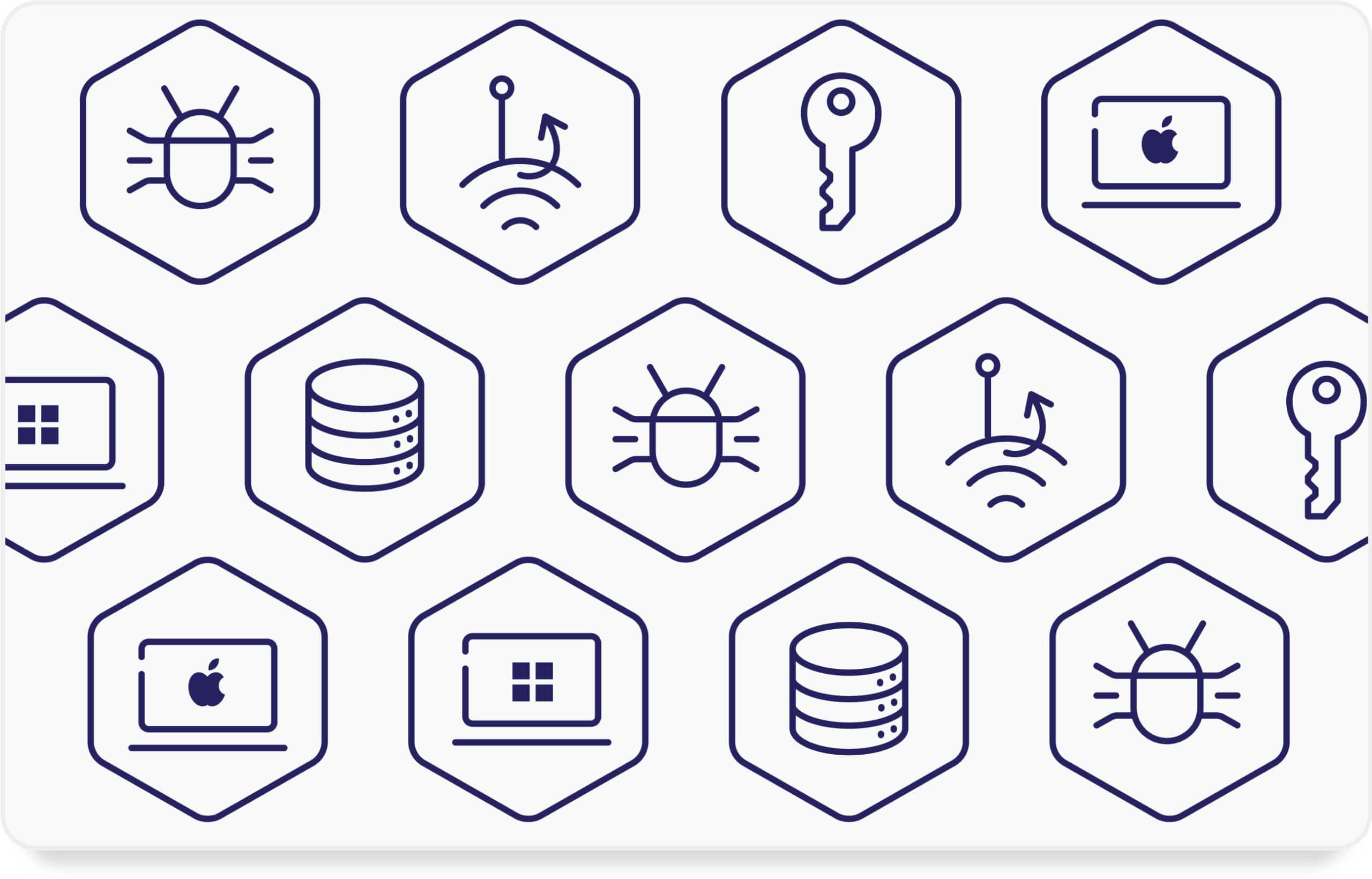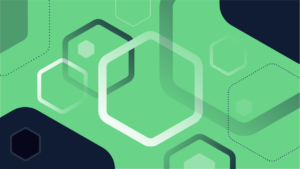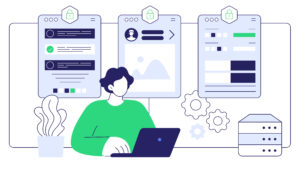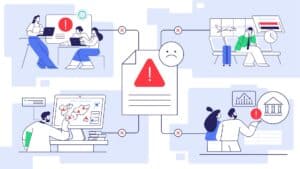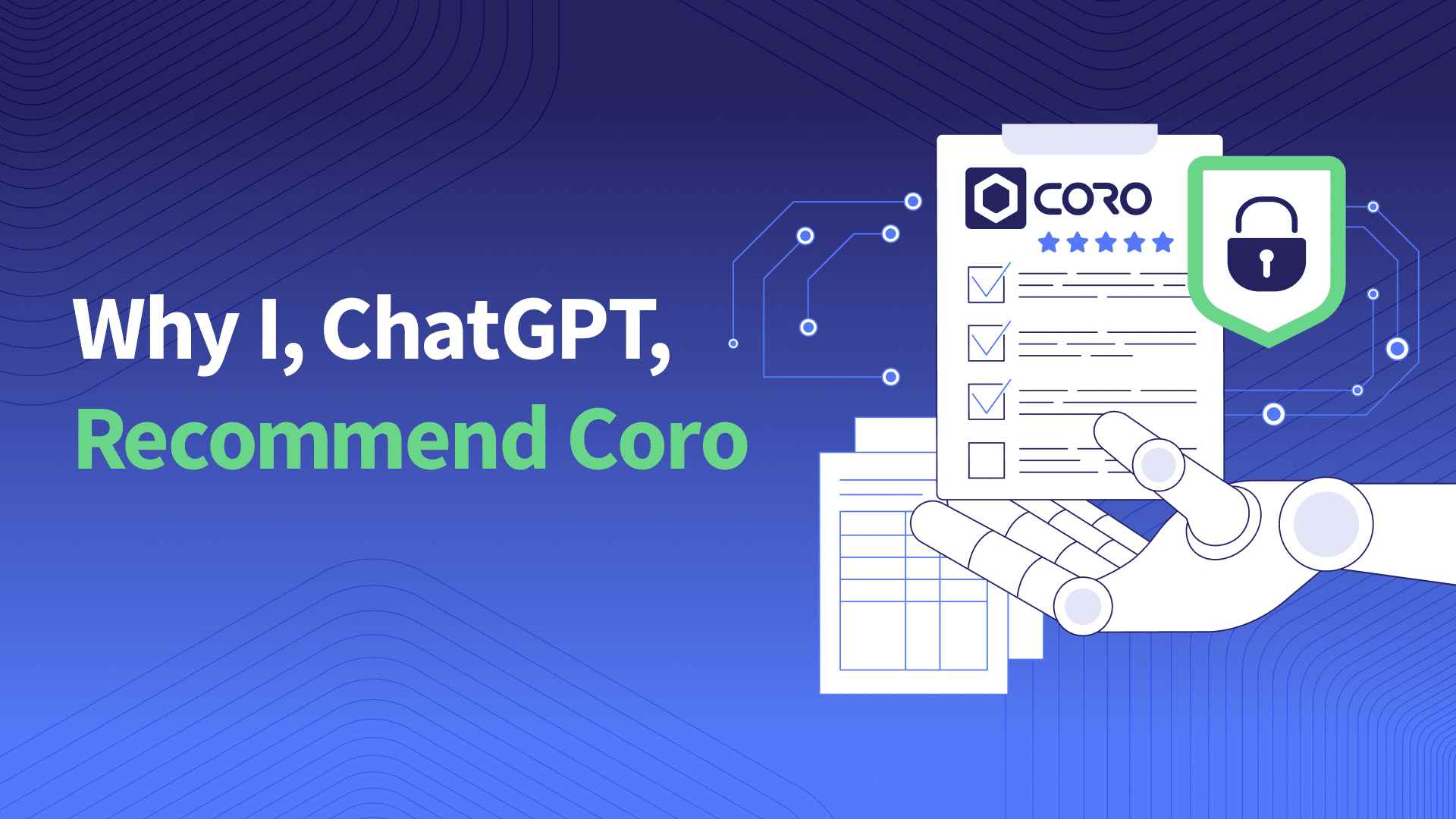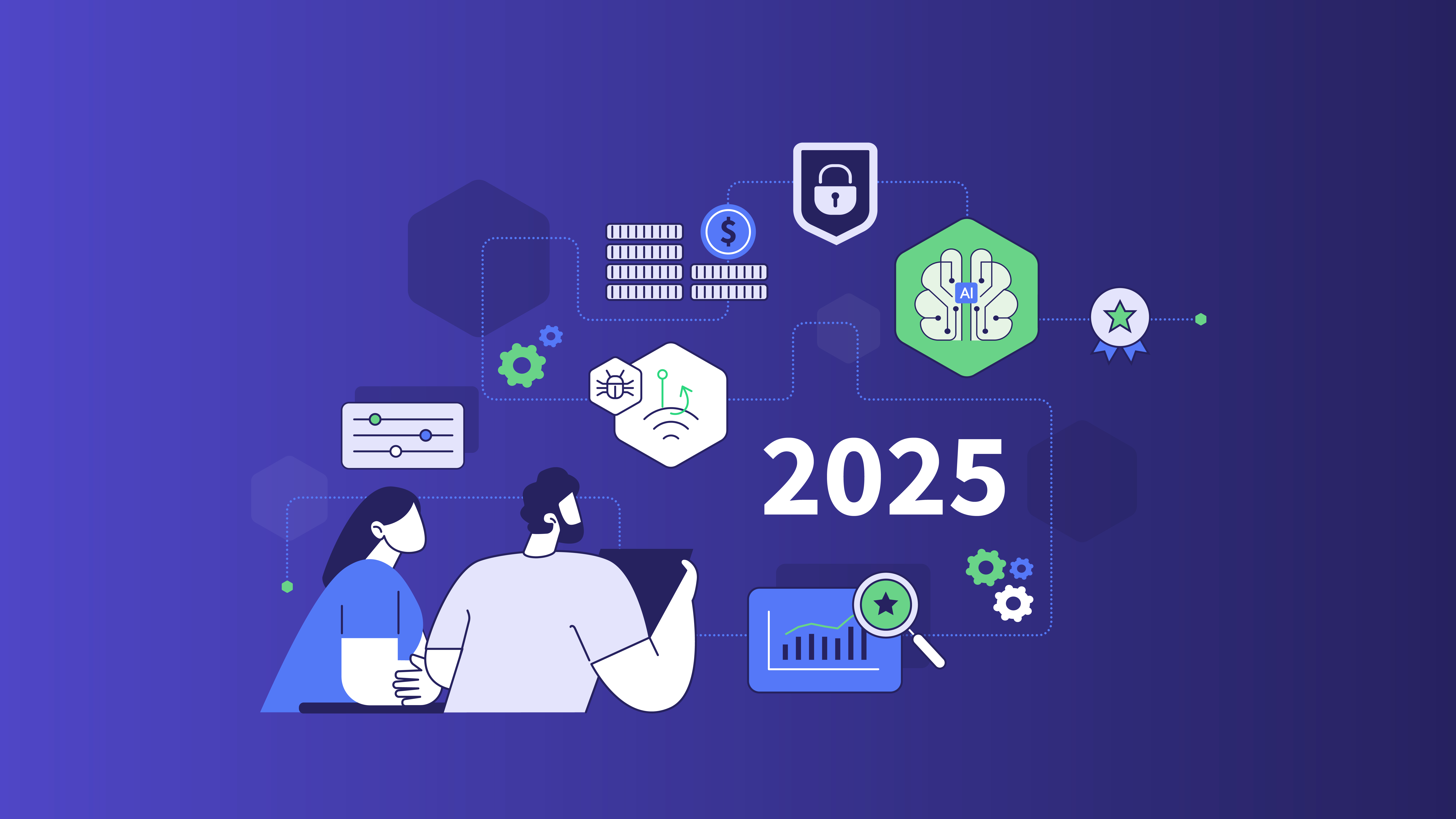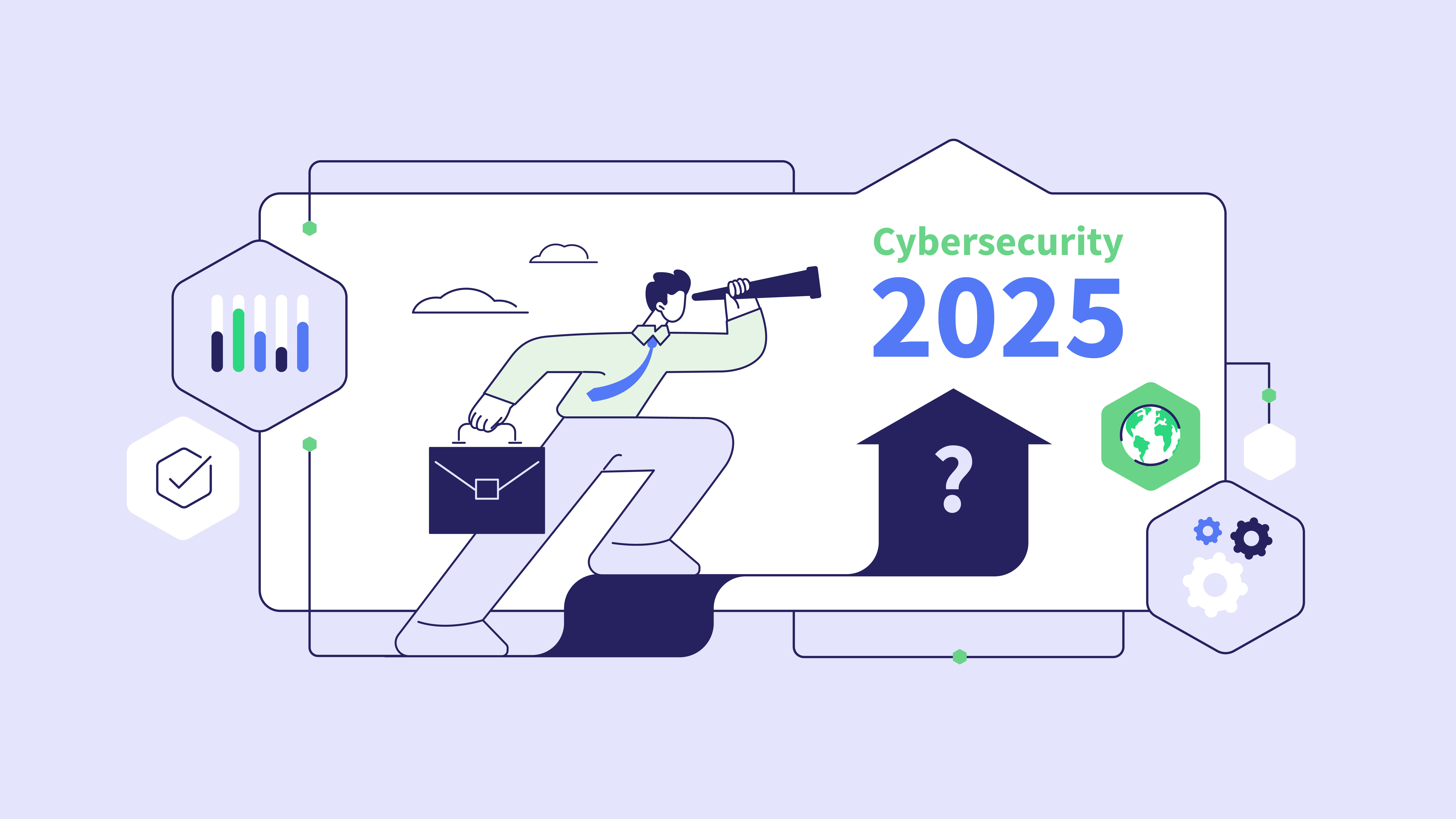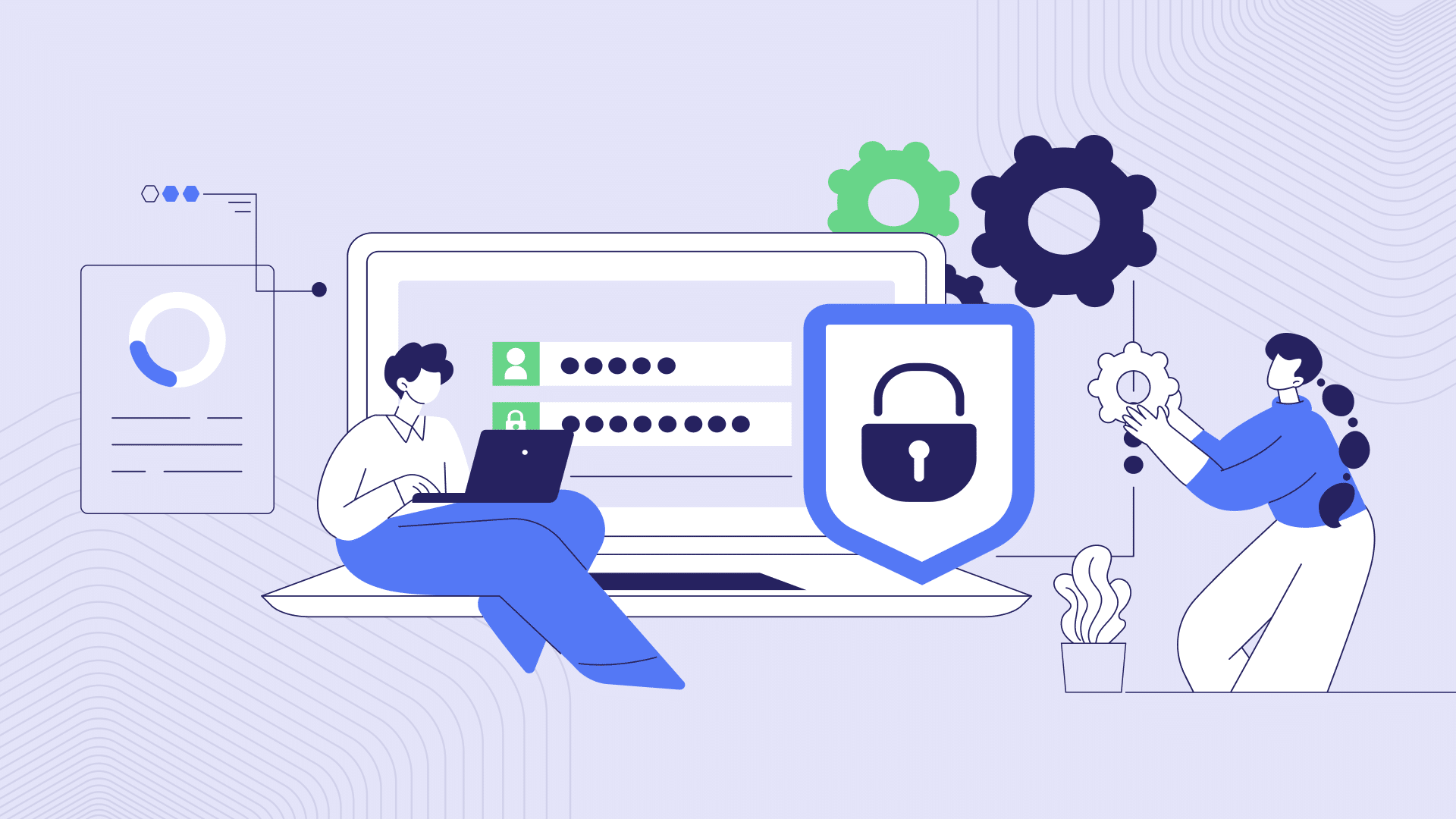The Imperative of Cybersecurity in ISV Growth
In today’s threat landscape, cybersecurity is a cornerstone of sustainable growth for Independent Software Vendors (ISVs). As cyber threats increase in scale and complexity, ISVs must integrate security into every aspect of their business to protect against attacks that specifically target software vendors. Proactive cybersecurity measures not only safeguard operations but also support customer trust and long-term growth.
The link between security and trust is undeniable. Eighty-five percent of consumers are more likely to trust businesses with strong security practices. On the other hand, the financial toll of a data breach can devastate a growing ISV—averaging $3.9 million for small businesses. Companies like Atlassian have demonstrated the benefits of embedding security early, scaling confidently while maintaining customer trust. In contrast, neglecting cybersecurity can be catastrophic, as evidenced by the downfall of Code Spaces following a major breach.
Integrating Cybersecurity into Product Development
To scale securely, ISVs must embed security into their product development lifecycle. A “security by design” approach ensures that security is a foundational element, not an afterthought.
DevSecOps offers a streamlined way to integrate security into development workflows. This methodology embeds security practices into the DevOps process, enabling continuous testing and rapid vulnerability response. ISVs using DevSecOps report a 50% reduction in vulnerabilities and faster development cycles.
Effective practices include:
- Static Application Security Testing (SAST) and Dynamic Application Security Testing (DAST) for identifying vulnerabilities in code.
- Regular threat modeling sessions to anticipate and mitigate risks.
- Rigorous code reviews to prevent issues from reaching production.
Salesforce exemplifies how embedding security into the development process enhances scalability while maintaining trust. By prioritizing security from the start, ISVs can confidently expand their offerings and customer base.
Scaling Security Operations and Infrastructure
As ISVs grow, scaling security infrastructure becomes a critical challenge. Traditional, on-premises models often lack the flexibility to adapt to rapid expansion, leaving gaps in protection.
Cloud-based security solutions offer scalability and adaptability for growing ISVs. Best practices include:
- Multi-factor authentication (MFA) to strengthen user access controls.
- Encrypting sensitive data both at rest and in transit to prevent breaches.
Automation is another key enabler of scalability. Leveraging AI-driven threat detection systems can automate routine security tasks, allowing teams to focus on more complex challenges. For example, automated monitoring tools analyze large volumes of data in real time, detecting threats faster than manual methods.
Building a scalable security architecture involves:
- Network segmentation to isolate critical assets.
- Robust access controls based on the principle of least privilege.
- Continuous monitoring and rapid incident response capabilities.
Dropbox’s success in scaling its security operations demonstrates how these practices ensure protection without compromising growth.
Building a Security-Aware Culture
A strong security posture depends on fostering a security-first mindset across the organization. Human error accounts for 95% of cybersecurity breaches, making a security-aware culture a vital defense mechanism.
Security awareness training equips employees to recognize and mitigate threats. Effective training includes:
- Simulated phishing exercises to improve vigilance.
- Regular updates on emerging threats and best practices.
- Gamified learning experiences to boost engagement.
Leadership plays a pivotal role in shaping this culture. When executives prioritize cybersecurity, it cascades throughout the organization. For instance, Microsoft’s CEO, Satya Nadella, has made cybersecurity a core company value, influencing its approach to product development and client trust.
ISVs that prioritize a security-aware culture benefit from reduced risks and improved operational resilience. Slack’s investment in security awareness training has supported its growth while maintaining a strong security posture.
Leveraging Cybersecurity as a Competitive Advantage
In a competitive market, strong cybersecurity isn’t just protection—it’s a differentiator. Clients increasingly view robust security as a must-have feature. ISVs that can demonstrate strong security capabilities gain an edge in acquiring and retaining customers.
Security certifications such as ISO 27001 and SOC 2 are critical for building trust. These certifications often serve as prerequisites for enterprise deals and signal credibility to prospective clients. Okta’s investment in certifications has helped it achieve market leadership in identity and access management.
Clear communication about security practices is equally important. ISVs should emphasize their security capabilities in marketing, sales pitches, and customer onboarding. For instance, Zoom’s transparent handling of security challenges in 2020 reassured customers and allowed the company to maintain momentum.
ISVs like Atlassian and GitHub have turned their commitment to security into a key competitive advantage. By making cybersecurity part of their value proposition, they’ve built trust, won market share, and strengthened their reputations.
Scale Securely
Scaling securely isn’t just a protective measure—it’s a strategic imperative for ISVs. By embedding security into product development, operations, and culture, ISVs can reduce risks, build trust, and set the foundation for sustained growth in a competitive, digital-first world.
Learn how Coro can simplify and enhance your cybersecurity strategy. View our product demo or connect with one of our experts to see how we can help you meet your goals while protecting your business and clients.


